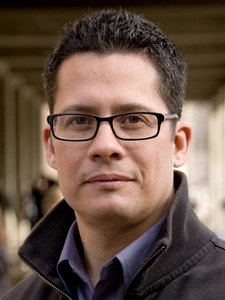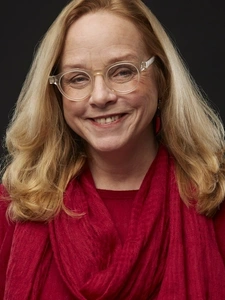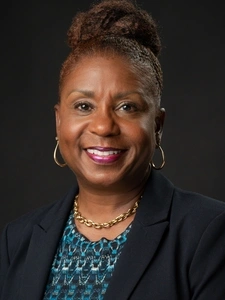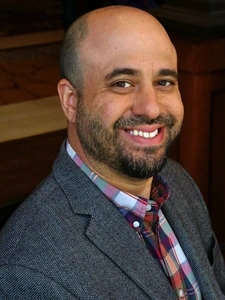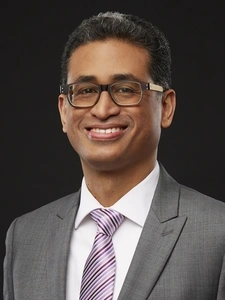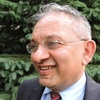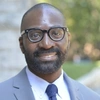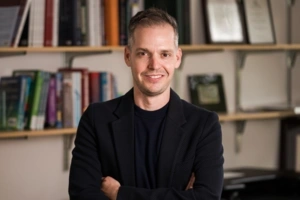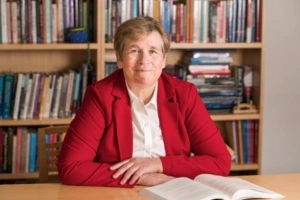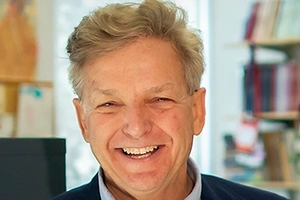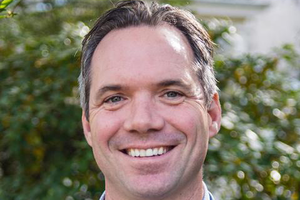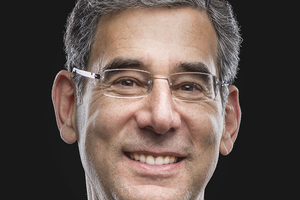Curriculum
The Education, Culture, and Society, M.S.Ed. program includes 10 courses (four core courses and six electives). We recommend completing the program in 1.5 years (fall, spring, summer, fall), which allows students to build strong relationships with faculty and make the most of their time at Penn. An expedited, intensive option (fall, spring, summer) and a flexible part-time option over two years are also available. Students are expected to work closely with their advisor to plan their course of study.
The core program provides a common, academic foundation, while electives allow students to individualize the program of study. In consultation with a faculty advisor, ECS students may select electives across outside of education, including related fields such as social work, political science, sociology, public policy, and more. All course selections should be reviewed in consultation with a faculty advisor. The program culminates in a rigorous academic master’s paper.
For information on courses and requirements, visit the Education, Culture, and Society, M.S.Ed. program in the University Catalog.
Dual-Degree Options
The Education, Culture, and Society, M.S.Ed. program also offers the following dual-degree options:
Do you have questions about the plan of study?
We are here to help! Contact the program staff below:
Program Manager: Alex Posecznick, alpos@upenn.edu
Program Assistant: Paula Rogers, progers@upenn.edu



